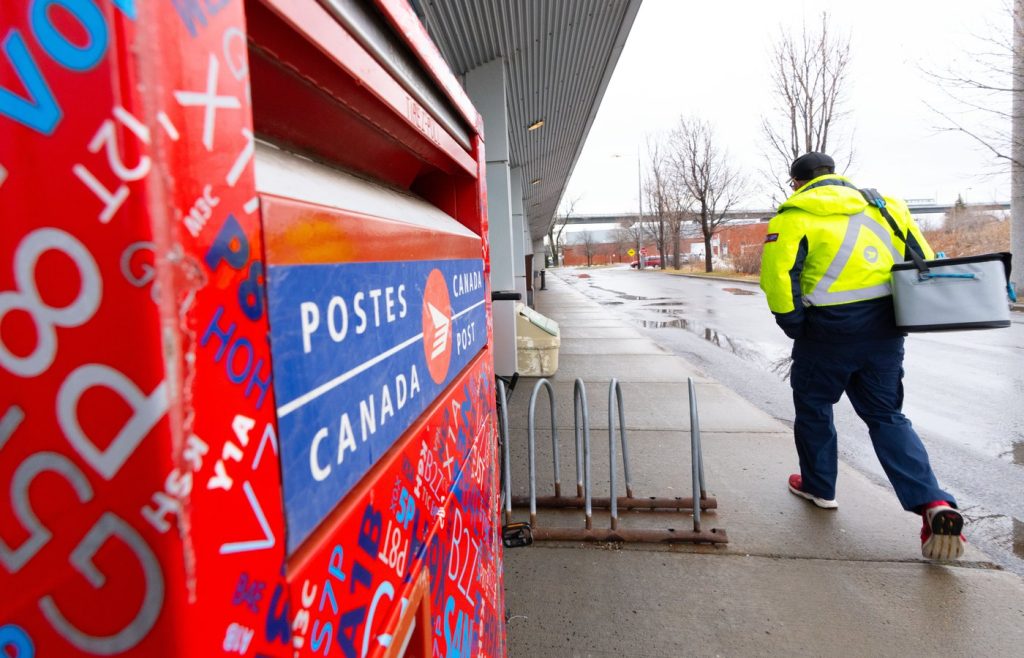Negotiations between Canada Post and the union representing 55,000 of its workers ended in early March without reaching a contract. As a result, both parties resumed talks last week in the face of an impending strike deadline.
The current collective agreements between Canada Post and the Canadian Union of Postal Workers (CUPW) remain effective until May 22, 2025. If no agreement is reached by this date, it could lead to tens of thousands of workers returning to the picket lines, reminiscent of past labor disputes.
John Chan, the co-owner of Wonder Pens, a specialty stationery shop based in Toronto, expressed his appreciation for Canada Post employees and highlighted the importance of the Crown Corporation for fulfilling orders to customers nationwide. However, the previous labor dispute, which coincided with the peak holiday shopping season, posed significant challenges for his business.
Chan noted that relying on alternative shipping carriers has its complications, particularly for servicing customers in rural areas. He stated, “There are quite a few difficulties with shipping with alternate shipping carriers, especially servicing our customers in rural areas. We also had to eat some of the costs, a little bit more of the costs, out of our own pockets.” With the potential for another strike looming, Chan is contemplating changes to maintain his operations.
“It makes us feel a little worried, especially in this environment. There is a lot of stuff going on in the world,” he added, reflecting the anxiety among small business owners over the potential disruptions.

The most recent Canada Post strike occurred in November 2024 and lasted about a month after the Canada Industrial Relations Board intervened, ordering the parties back to work due to the failure to reach an agreement.
Ian Lee, an associate professor at Carleton University’s Sprott School of Business, remarked that the issues at Canada Post stem from the collapse of its business model rather than poor labor relations. He explained that with the decline in traditional mail, revenues have significantly dropped. “It’s that the revenues are collapsing at Canada Post because the business model is collapsing because people don’t write letters anymore and put them in the mail,” Lee stated.
A federal commission is expected to provide a report on Canada Post's financial difficulties on May 15, just ahead of the May 22 deadline. This report may influence the government's stance on the future of Canada Post.
Lee also highlighted the broader implications for the federal government, indicating that it must confront the postal service's challenges rather than continue providing temporary financial bailouts. Canada Post has received over $1 billion in short-term funding from Ottawa, while simultaneously reporting a loss of $3.3 billion since 2018. He added, “They can deny and kick the problem down the road and give them another billion dollars to bail them out for another six months, then they got to bail them out again and again.” Lee suggested there still may be a viable role for Canada Post in rural areas, where private courier services may not operate due to low demand.
As negotiations remain ongoing, small business owners like John Chan are hopeful for stability and continuity in their operations, while also preparing for the possibility of additional labor disruptions.












